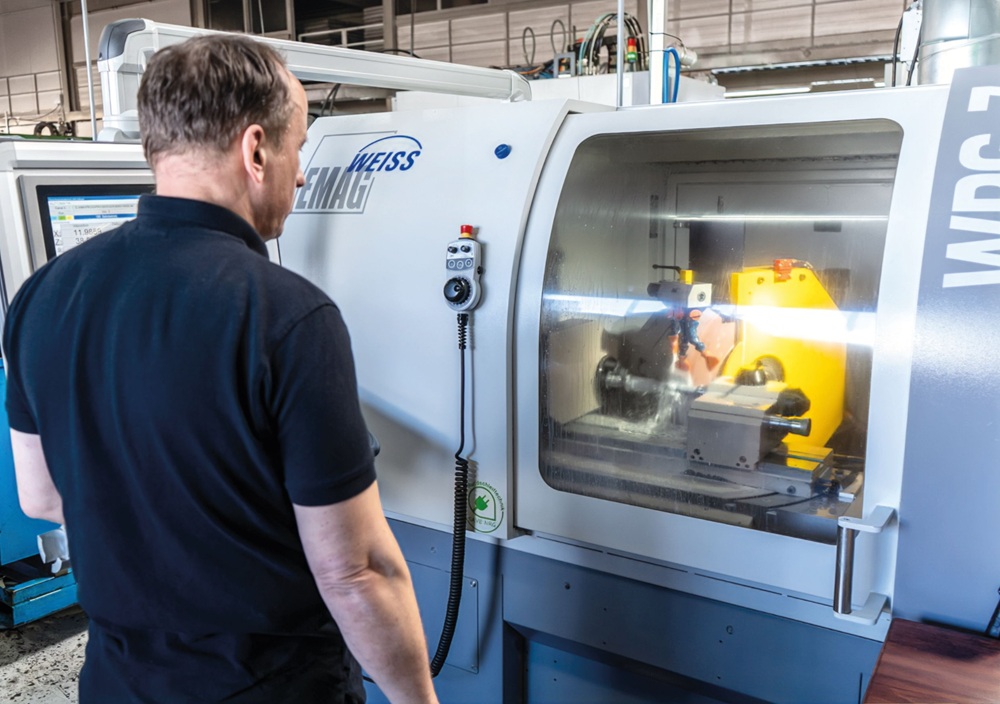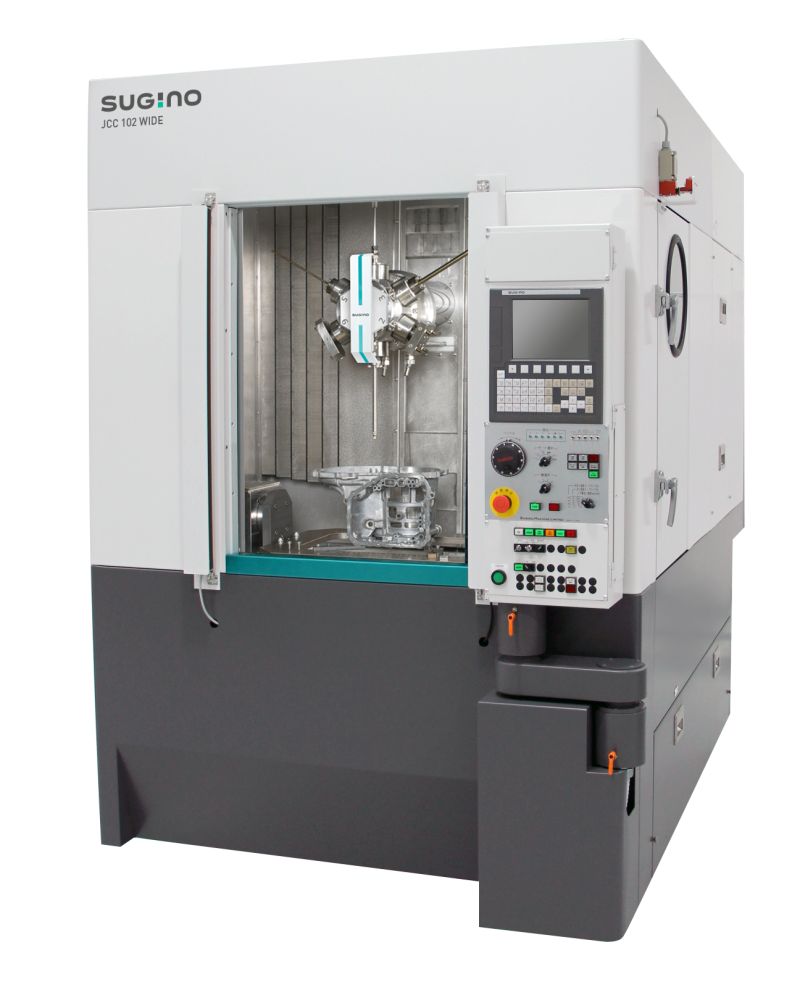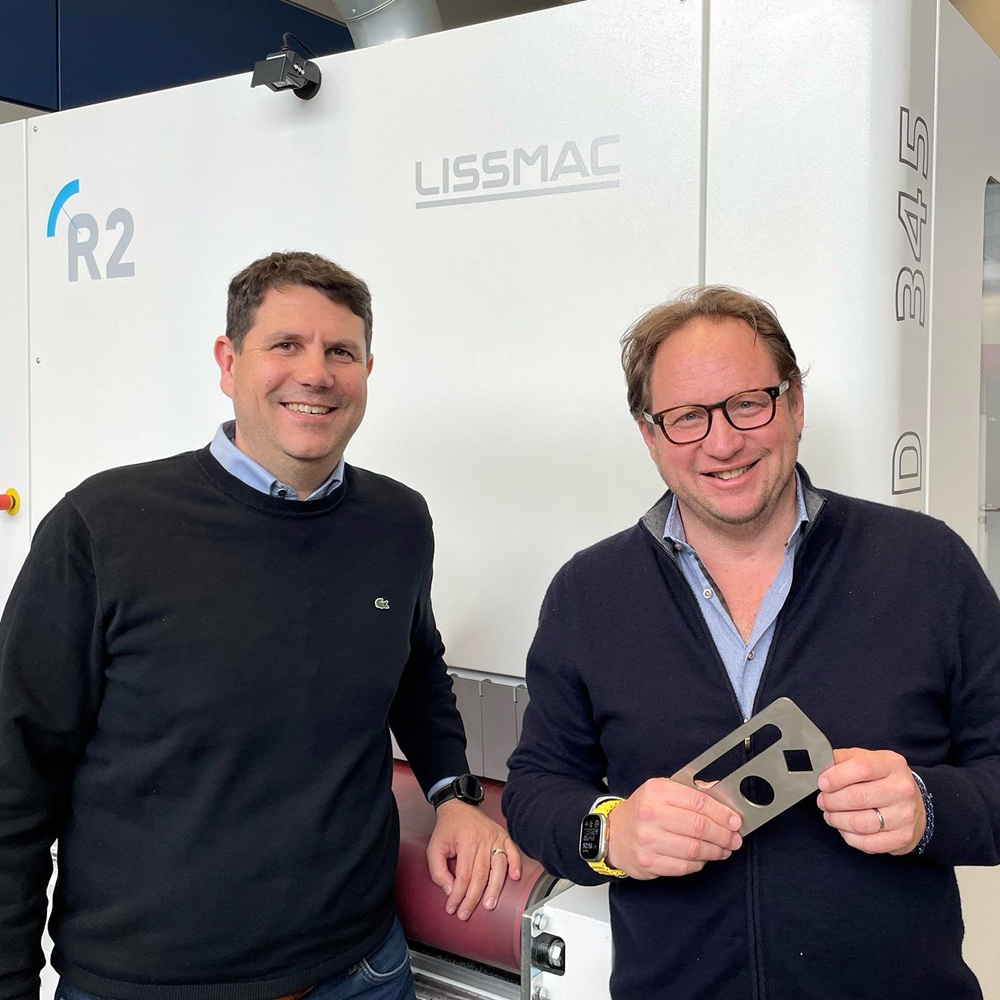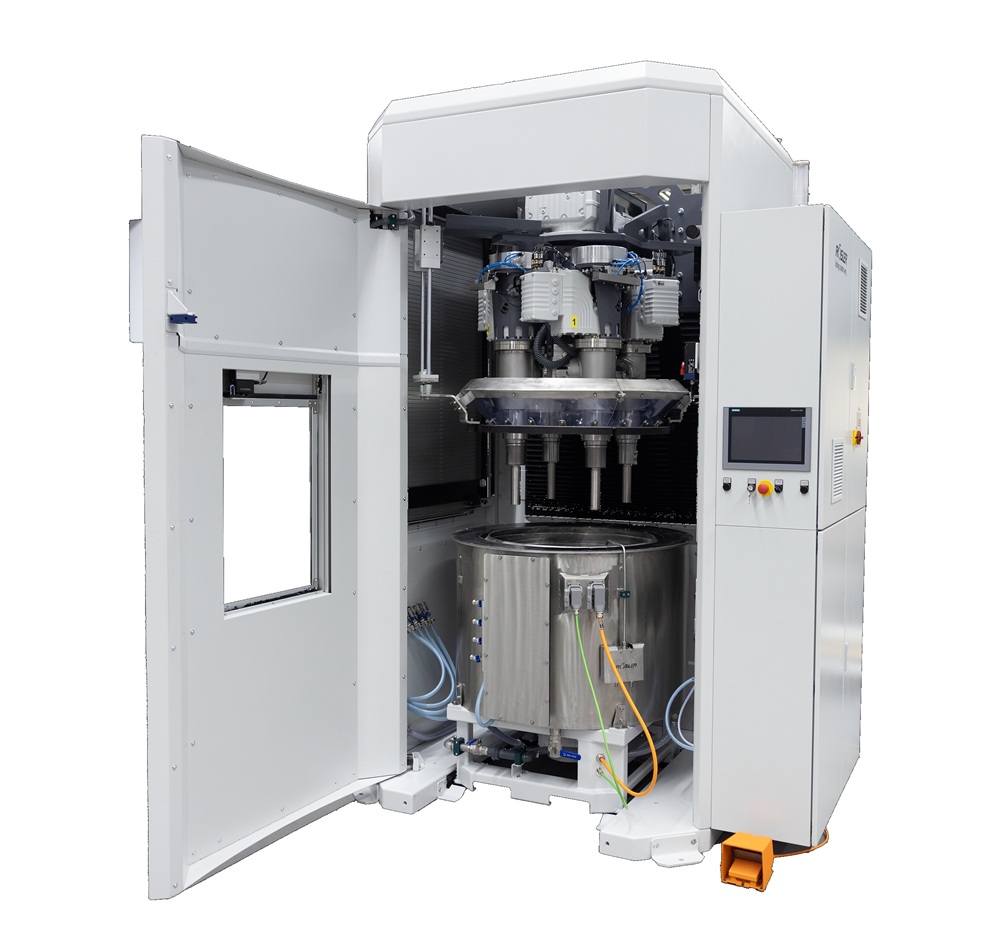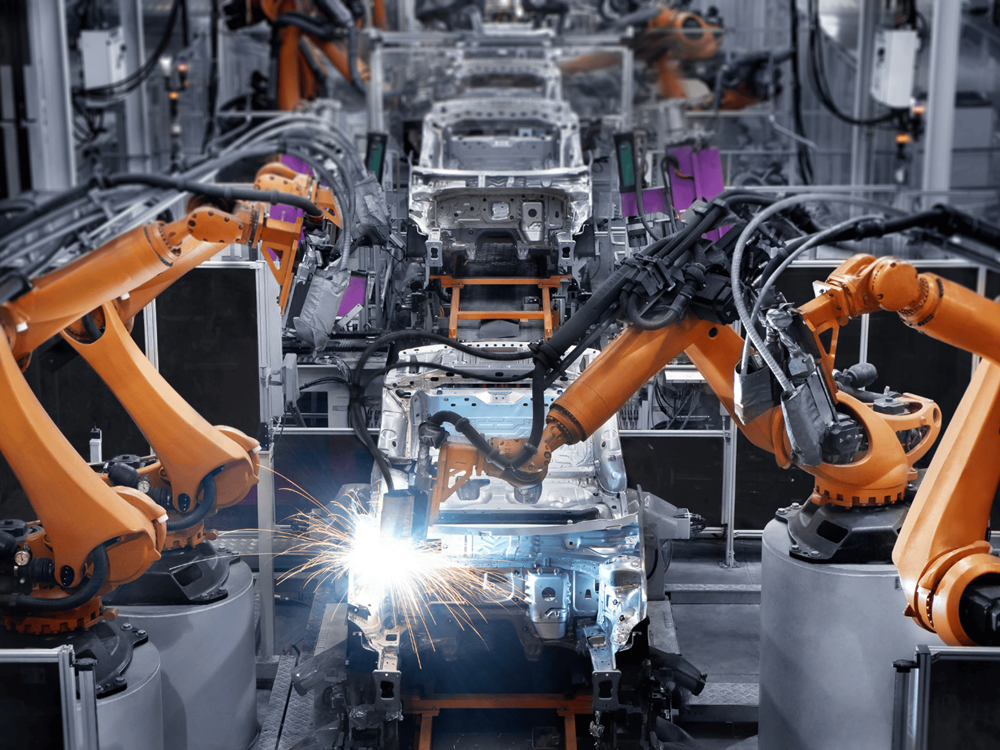Over the past 50 years, Wandel CNC-Technik GmbH has developed into an established supplier with its own product portfolio. The Swabian family business, which is now managed by the second generation, has continuously expanded its production spectrum: from milling to turning and grinding. By investing in an EMAG WPG 7 angular plunge-cut grinding machine, the company has expanded its grinding capacities in a targeted manner.
Wandel has 23 employees and produces between 15,000 and 20,000 components per month. The product range includes forged blanks, drive shafts and intermediate flanges for the commercial vehicle industry, as well as classic machine components such as worm shafts. In the grinding area, the company concentrates on symmetrical or round components with diameters ranging from 10 to 150 mm, and lengths of up to 1,000 mm.
The WPG 7 is the fourth grinding machine to be added to the company’s machine park. It was purchased specifically for the machining of flange nuts, for which angular plunge-cut grinding is a technological requirement. The machine is designed for batches of between 20 and 200 pieces and is re-tooled up to twice a day at high capacity.
The decision for a dedicated angular plunge-cut grinding machine was based on several factors: Wandel already had a straight plunge-cut grinding machine for long and larger components. The compact design of the WPG 7 enables short travel distances and fast movements – a significant advantage over larger universal machines. The limited space at the site also spoke in favour of the compact solution.
One particular advantage of the WPG 7 is its thermal stability. The compact design reduces heat transfer, which means that the machine works with precision immediately after switch-on.
More information www.emag.com






